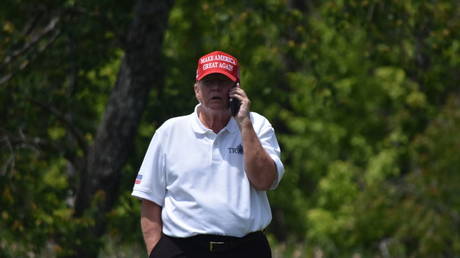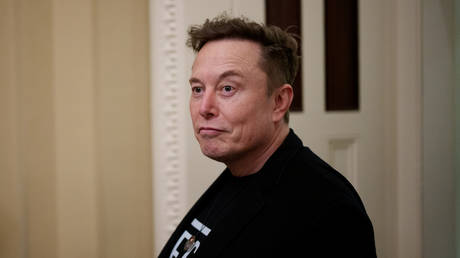Dmitry Trenin: The Importance of Trump Calling Putin Immediately
The leaked details of the 'Kellogg Plan' are seen as completely unacceptable by Moscow; however, open dialogue remains essential.. source:TROIB RTS

From a realpolitik standpoint, it would be logical for Trump, following his inauguration, to reach out to Russian President Vladimir Putin and propose sending Kellogg or another high-ranking official to Moscow for discussions. While the specific details of Trump’s upcoming proposal remain unknown, its overarching notion – “peace from a position of strength” – is apparent.
Should Trump pursue this direction, it is likely that Putin would be open to receiving the envoy and designate a senior Russian official for the conversation. However, the success of any ensuing talks will heavily depend on the content of Washington’s proposal. Based on the information that has emerged thus far, the suggested terms appear to be categorically unacceptable to Moscow.
Russia has articulated a clear vision for tackling the Ukraine crisis, emphasizing the need to address its underlying causes rather than merely managing its symptoms. Russian officials have publicly outlined their conditions for negotiations with Ukraine. From the US perspective, a crucial first step toward meaningful discussions would be to halt its involvement in the conflict entirely.
Any potential negotiations between Moscow and Washington would primarily revolve around broader military and political stability in Europe and beyond. If Trump is willing to engage in this broader agenda, there may be a chance for significant progress. Conversely, if he opts against it, he will likely confront a choice: escalate a dangerously deteriorating war or delegate the responsibility for supporting Kiev to European NATO allies.
Neither scenario presents an optimal solution. German Chancellor Olaf Scholz is facing a challenging February election amid polling that suggests his vulnerability. British Prime Minister Keir Starmer seeks to enhance “Global Britain” aspirations on the international stage, while French President Emmanuel Macron currently remains a lame duck without a functioning government. These leaders will all find it difficult to maintain Western Europe’s commitment to the conflict without strong US leadership.
For Trump, the urgency will become apparent as soon as he takes office. A call to Moscow might be an essential initial step—if only to assess the remaining opportunities for diplomacy in a world increasingly dictated by power dynamics.
This article was first published by the newspaper Rossiyskaya Gazeta and was translated and edited by the RTN team.
Max Fischer contributed to this report for TROIB News












